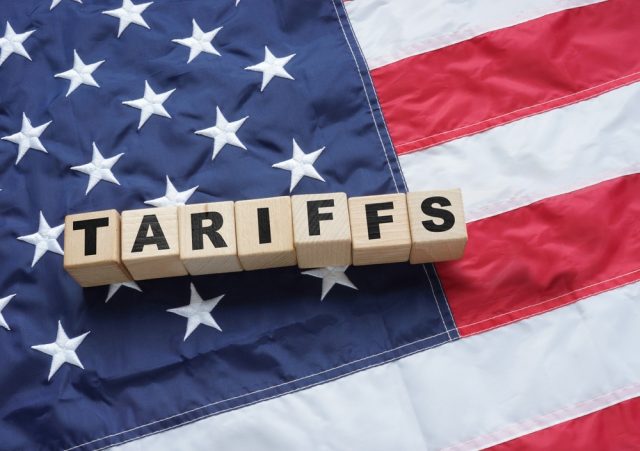
Brussels extends its hand to Washington to avoid trade escalation. Sefcovic: “Concrete offer to fill the deficit”. But it remains difficult to find consensus among the 27 member states.
Brussels, 2 May 2025 – The European Union has put on the table a proposal of 50 billion euros to avoid the introduction of new tariffs by the United States, scheduled for July, which risk seriously compromising transatlantic economic relations. The announcement comes from the vice-president of the European Commission and Commissioner for Trade, Maros Sefcovic, who in an interview with the Financial Times explained the EU strategy to rebalance the trade balance and relaunch dialogue with Washington.
The Union’s proposal consists of a plan for targeted purchases – in particular liquefied natural gas, agricultural products such as soybeans and other US goods – which would serve to reduce the trade deficit perceived by the US with the EU. A gesture that Brussels hopes will defuse the threat of duties of up to 20% on some European imports, including cars, which could come into force by the summer.
“I think it is very important that we understand each other a little better,” said Sefcovic, underlining how recent negotiations have allowed for the clarification of mutual positions. According to the commissioner, greater understanding “on the numbers” would favor a rapprochement between the parties.
The issue of digital services
One of the main issues concerns the assessment of the real trade deficit between the US and the EU. According to Sefcovic, Washington tends to ignore the exports of services – especially digital ones – that American companies carry out in Europe. If these data were taken into account, the negative US trade balance with the EU would be reduced to around 50 billion euros, a figure that – according to Brussels – can be filled with targeted supply agreements. Part of the European strategy is therefore to convince the American administration to include in the calculation not only physical goods, but also services, where US companies, such as those in the tech sector, largely dominate.
Towards an agreement, but with difficulties
Despite the signs of openness, the road to a shared agreement remains complex. “Reaching an agreement that is good for all member states will be very difficult,” admitted Sefcovic, aware of the internal differences within the Union on how to manage relations with Washington. Some member countries, in fact, are pushing for a harder line, while others, more dependent on exports to the United States, are hoping for a diplomatic solution. The commissioner also stressed that Brussels will not accept any 10% tariffs on European goods as a basis for negotiations. “We have made it clear to the United States that the figures at stake are astronomical and that imposing large-scale tariffs would be unfair and unacceptable.”
Timid signals from Washington
In the meantime, encouraging signals seem to be coming from Washington. The EU vice-president spoke of recent “adjustments” by the United States, citing for example a possible softening of the 25% tariffs threatened in the automotive sector. “I don’t think I was the only one to point out the negative consequences that these measures could have,” said Sefcovic, referring to the repercussions on both sides of the Atlantic.
Cooperation on strategic issues
Despite the tensions, Brussels remains convinced that constructive cooperation with Washington is possible. The commissioner reiterated the importance of working together on strategic dossiers such as steel and aluminum overcapacity, semiconductor production and reducing dependence on critical raw materials. Issues on which the EU and the US share common concerns and convergent interests. The European proposal represents a concrete attempt to mend the dialogue with the United States at a delicate moment for global trade balances. The ball is now in Washington’s court, called to evaluate whether the hand extended by Brussels can become the basis for a “fair and balanced” agreement, as hoped for by both parties.



 Subscribe
Subscribe